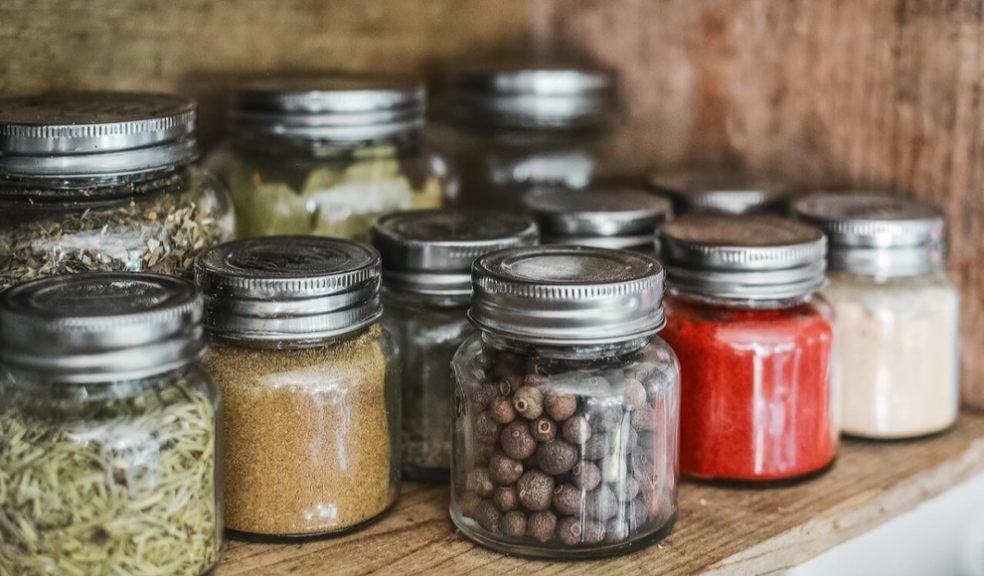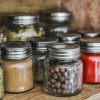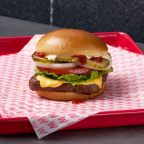
How to best preserve food and wine
Choosing quality food is important for your physical and mental health. Sometimes, however, it is not enough to select local products or without preservatives, it is necessary to understand how to preserve it.
To store food for a long time, choose appropriate food packaging and use airtight, vacuum-packed containers or freezer bags to remove air and reduce exposure to light and moisture. Depending on the food, you need to store the food at the correct temperature, whether in the fridge, freezer or pantry. In order not to risk eating old food, the best thing is to label the food with the date of conservation and the contents, and always eat food that is about to expire first, in order to avoid throwing it away.
Food should be stored in a dry place to prevent mold growth, and silica gel packets can help absorb excess moisture. The place where you store food must be cool, away from direct light and UV rays to avoid deterioration and degradation. The material of the containers in which food is stored is essential, the best ones are made of glass. You have to be careful with the materials because some may contain harmful chemicals that can leach into food. Extending the shelf life of food and reducing food waste helps people lead a healthier and more environmentally conscious lifestyle.
Why use glass packaging
Materials sustainability refers to the environmental impact of manufacturing, using, and disposing of a material. Compared to other materials, glass has many advantages in terms of sustainability because it can be recycled indefinitely without losing its quality, reducing waste and conserving resources. Glass is a strong and durable material, which reduces the need for frequent replacement and reduces waste. Its recycling uses less energy than the production of new glass, reducing greenhouse gas emissions. Glass is made from abundant natural raw materials such as sand, soda ash, and limestone, reducing dependence on limited resources, and is famous for being a chemical-free material, making it safe for food and beverage packaging, and reducing the impact on the environment. In fact, glass bottles can be refilled and used several times, reducing waste.
Food packaging
Glass food packaging is a good idea for several reasons:
- glass is a non-toxic and safe material that does not leach chemicals into food or drink, making it a good choice for packaging food and drinks;
- glass is infinitely recyclable, reducing waste and conserving natural resources;
- glass provides a better barrier against light, oxygen, and other elements, helping to extend the shelf life of food and drink products and reducing food waste;
- glass can be used for a wide range of food and drink products, from liquids to solids, and can be used in various shapes and sizes to meet specific packaging needs;
- glass has a classic and premium look, adding to the overall aesthetic appeal of food and drink products.
However, it's important to consider the weight and breakability of glass, which can be a drawback in some cases, such as transportation and storage.
Wine packaging
Glass is also an excellent material for storing quality wine. Wine is best stored in dark, airtight glass bottles that protect it from light, oxygen, and temperature fluctuations. The following types of bottles are commonly used for wine storage:
- Bordeaux Bottles: This is the most commonly used bottle for red wine and has a wide body, straight sides, and a long neck.
- Burgundy Bottles: These are used for both red and white wines and have a larger body, sloping shoulders, and a smaller neck than Bordeaux bottles.
- Champagne Bottles: These are specifically designed for sparkling wines and are thicker and stronger than other wine bottles to withstand the pressure of carbonation.
- Albeisa Bottles: These are traditionally used for Italian wines and have a more rounded shape than Bordeaux bottles.
Regardless of the type of bottle, it's important to store wine in a cool, dark place with a consistent temperature, away from light and vibration. This will help to preserve the wine's quality and prevent premature aging.
Glass packaging used in companies
All companies should choose glass bottles for their offices because they are recyclable and can be reused many times, plus the fact that glass is a safe, non-toxic and chemical-free material, making it suitable for food and beverage packaging. Glass bottles are resistant to breakage, ensuring the protection of the contents and can be designed and branded to enhance the company's image.
Glass bottles with the company logo can be given as a gift to customers or employees as a marketing strategy and to make it clear to the outside that the company is trying to do its part for the good of the planet. The climate crisis now involves everyone, it is important that companies put into practice protocols for employees to follow to reduce harmful materials such as plastic, to be replaced by more sustainable ones.




















